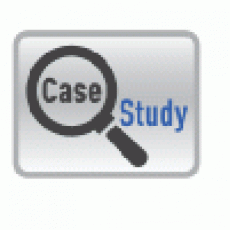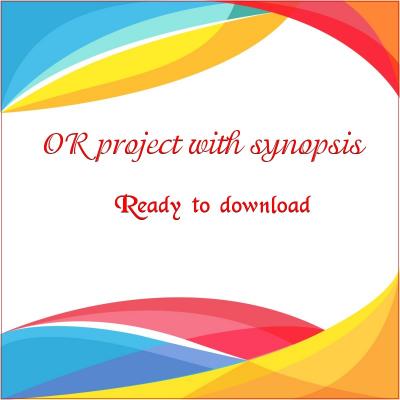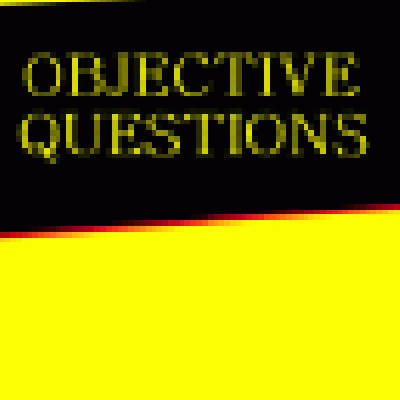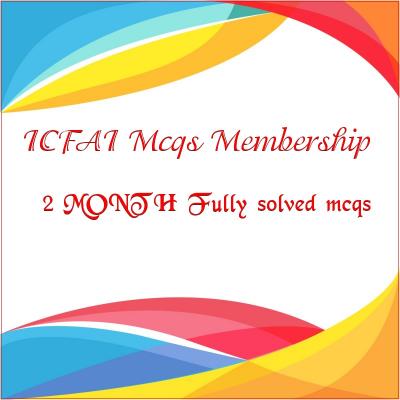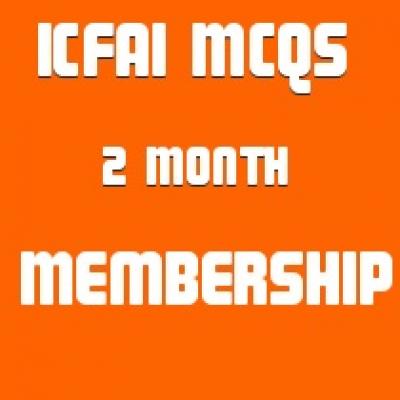JOURNALISTIC ETHICS
Price:
Rs500
Q1. The correspondence or disquotational theory of truth is a ____________ theory.
-
Formal
-
Informal
-
Positive
-
Negative
Q2. The use of another person‟s thinking or writing without explicit acknowledgement or its original source is known as
-
Credibility
-
Originality
-
Plagiarism
d .Source
Q3. The effort to bridge the fact-value gap or blur the distinction between facts & values, is referred to as the
-
Naturalistic Fallacy
-
Principia Ethic
c .Pervasive division
-
None
Q4. According to moral philosophers the relation between facts& values as one
-
Aesthetic Facts
-
Artistic Facts
-
Transcend Facts
-
None
Q5. Out of the following which falsehood in news reporting are the work of rogue reporters whose professional misconduct is morally intolerable.
-
Countless Falsehood
-
Deliberate Falsehood
-
Inadvertent Falsehood
-
Erroneous Falsehood
State True/False:
Q6. The guidance needed for making correct relevance judgment is a common sense.
Q7. The remote control device on a modern television is a type of a behavioral analyst‟s dream which is now comes true.
Q8. Advertisers are journalists and so can be held responsible for adhering to the principles of journalistic ethics.
Q9. A totalitarian government is first & foremost a regime that takes control of every aspect of the news media.
Q10. It is important for a theoretical ethical philosopher to distinguish between moral & prudential considerations.
Part Two:
Q1. What are the principles for controlling censorship?
Q2. What is Moral & Prudential Reasoning?
Q3. List the Guidelines for appeals to confidentiality?
Q4. Define the legal and moral rights of Journalistic.
Q5. Would the medical emergency described warrant disclosing the identity of a confidential informant? Why or why not?
Q6. What criteria might reasonably be applied in order to decide what kind or what scope of potential emergency justifies disclosing a confidential informants identity? How can we prevent the acknowledgement of such possibilities from degenerating into a slippery slope, the outcome of which is to undermine the use of any and all confidential informants?
Q7. What were the legal issues involved in this interesting case? How, if at all, do they relate to the morality of respect for privacy by journalists?
Q8. Do you agree with the OK! Solicitors‟ position that the second decision in this case deprives journalists of protection for their prior agreements to exclusive publication rights? What is the exact legal principle by which the court reached its judgment, as reflected in The Guardian report? Can it be justified on grounds of professional journalistic ethics? If so, how? If not, why not?
Q9. What is the significance for professional journalists ad journalistic ethics of evaluations of the relative freedom of the press in different societies
Q10. Define the Privacy in a public world? Explain the constitutional basis for the right to privacy?
1. Case study solved answers
2. pdf/word
3. Fully Solved with answers
